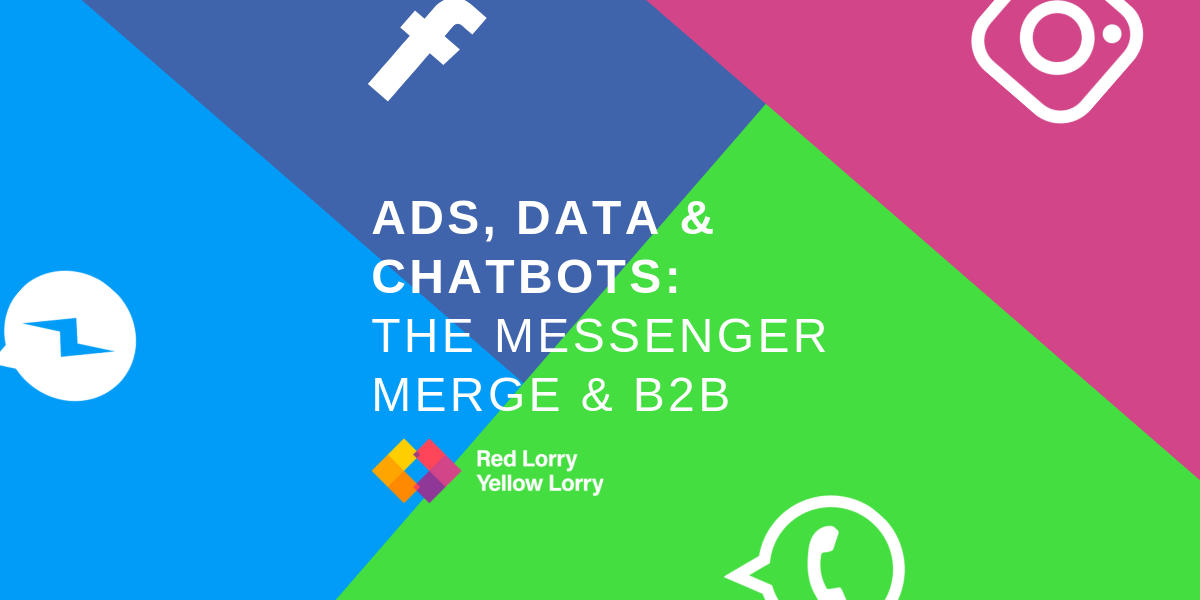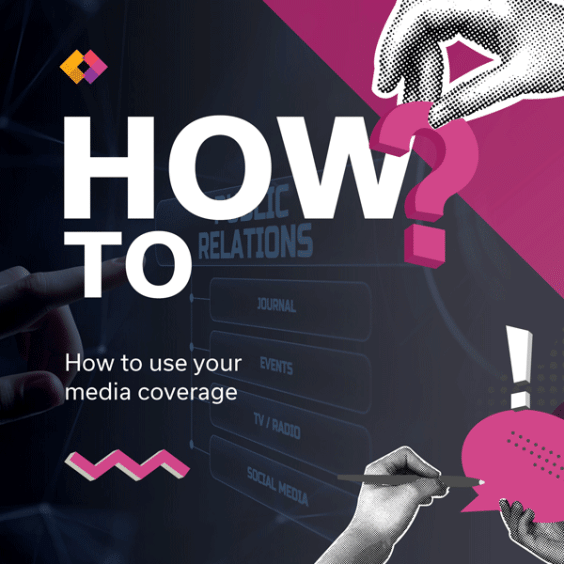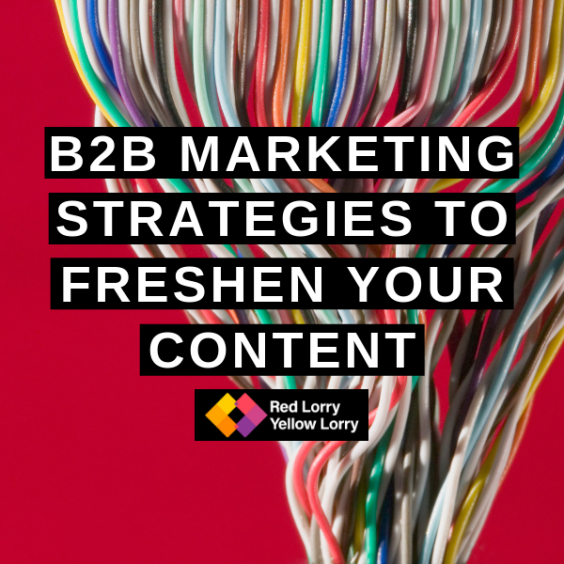Word is out. Mark Zuckerberg has flexed his Facebook CEO muscles and has said we can soon expect a messenger merge between WhatsApp, Instagram and Facebook Messenger.
Zuckerberg, AKA the new muscle-bound, Marky Mark, has stated that all three apps will remain separate, but users will be able to communicate with people on other platforms, whether they are on them or not. Though there have been plenty of sceptics around this manoeuvre, one of the main (and positive) things to come out of this is end-to-end message encryption on all three services. No longer will WhatsApp be the king of this feature – although shifting opinions on privacy and data will be a whole different matter given Facebook’s recent past.
This is all very interesting, but how will it affect b2b marketing and PR professionals? The first thing that needs to be pointed out is the sheer number of people around the world who use the three messaging platforms. Back in December 2017, WhatsApp alone hit 1.5b active monthly users and an unfathomable number of b2b group chats exist. On top of this, Facebook, though we see it as a primarily b2c platform in Europe and North America, has been adopted by other global markets for b2b purposes including LATAM and Israel. Here are some of the main things that could impact the b2b sector from 2020 thanks to the messenger merge.
Data and Advertising
At first glance, combining the messaging backends for the three apps seems like a simple money saving idea, where the combined data could be kept in one place. Scratching below the surface though, this could expand Facebook’s ad platforms exponentially and allow tailored advertising to come to WhatsApp for the first time. When Facebook Messenger first launched, it wasn’t a platform with ads, but they ended up being rolled out globally in the second half of 2017. By having three backend systems talking to each other post-messenger merge, Facebook would be the king of the dark social advertising game, using both Instagram and Facebook data to tailor their ads. However, none of the conversations a user has on any of the messaging platforms will have any real advertising value, because of the end-to-end user encryption. This means only the people in the conversation can read the messages, even if they get intercepted by a dodgy third party with no mercy.

Though it’s unclear how WhatsApp will be able to communicate with the other two platforms and exactly what features it will deliver (since it requires a phone number for account creation unlike Instagram and Messenger, which use Facebook), conversations will remain confidential. If a WhatsApp user does not have a Facebook or Instagram account, there is a possibility they could see suggested ads based on the interests of their contacts who do use them. You could imagine this to be an extension to Facebook’s “Lookalike Audience” ad feature.

Suggested Post
2019 predictions from media tech industry gurus
As we step into a fresh new year, marketing and communications professionals across the media tech industry are busy planning...
Read MoreChatbots
Chatbots are becoming an increasingly used solution for 1st level customer support and lead generation in the b2b world, especially for SaaS companies. Currently, there are chatbot solutions on Messenger, WhatsApp and Instagram but after the messenger merge we could see a much more integrated solution appear to cover all three bases. This could allow people on different platforms to communicate with one bot for a more rounded customer experience.
With the Facebook Portal and Portal+ smart speakers now available in the USA, we can imagine there will be chatbot integration with these since they are very Messenger focussed. As both the speakers come with built in screens, again, we could imagine great customer support services for the SaaS industry, allowing interactive FAQ’s to be easily accessible.
B2b lead generation chatbots which are often hosted on websites through companies like Drift, could receive enhanced capabilities, like the ability to continue a conversation after leaving the website or being put directly in contact with a prospective lead.
Regional marketing
As previously mentioned, different parts of the world use the three platforms in different ways and the messaging merge could change how they use them even more. In 2018, over 80% of small businesses in India and Brazil said WhatsApp helps grow their business, and these two countries in particular are also big users of Facebook in the b2b sector. Providing these different markets with the opportunity to integrate their web presence and comms systems will open them up to wider markets, as well as making them more accessible to companies looking to break into them.

Of course, everything that could happen in 2020 is still speculation and Zuckerberg says his Funky Bunch of engineers at Facebook, Instagram and WhatsApp still have a lot more work to do. That being said, Facebook has a great opportunity to go much further than improving communications between people on the different messaging apps. B2b and b2c marketing could change a lot post-messaging merge (for the better!), but looking at Facebooks bad PR year of 2018, you couldn’t blame them for trying not to rock the boat too much.
Do you think Facebooks b2b buyers be getting good vibrations after the messenger merge? Let us know.
If you want to find out how we could help your b2b comms, PR and marketing efforts, drop us a line at hello@rlyl.com or check out our contact us page.




